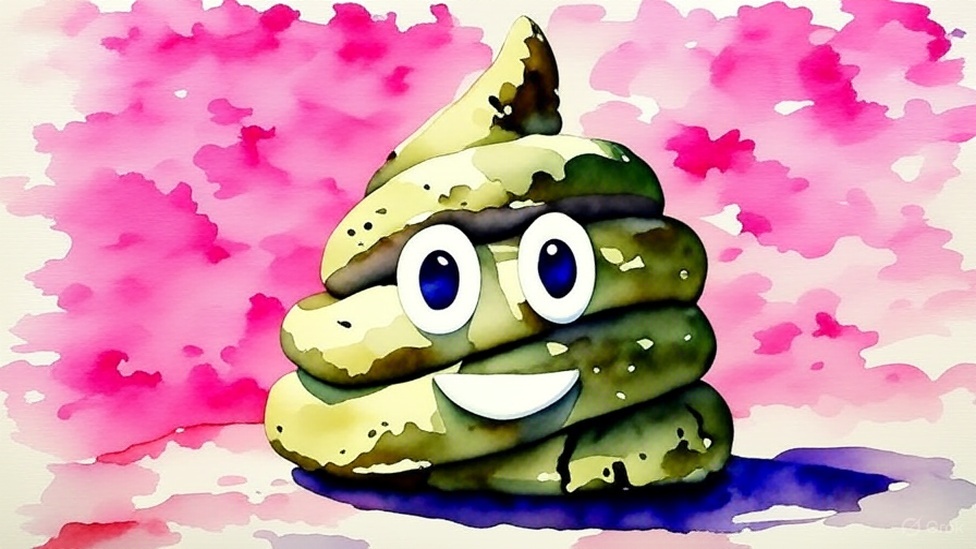But that might be survivor bias
Okay, here’s the original joke again:
Everyone I know says I’m a good person. But that might be survivor bias.
And here’s my attempt at a “Joke Poo” called AI Ethics Committee:
AI Ethics Committee
Every AI I’ve trained says I’m a great programmer. But that might be alignment bias.
Alright, let’s break down this joke:
Original Joke Analysis:
- Premise: The speaker is told they are a good person by everyone they know.
- Punchline: This positive assessment might be due to survivor bias.
- Humor: The humor lies in the cynical and self-aware application of a statistical concept (survivor bias) to interpersonal relationships and self-perception. It suggests that the people who wouldn’t say the speaker is a good person are no longer in the speaker’s life, thus skewing the sample. It also implies the speaker is aware of this, suggesting self-doubt or perhaps a darker side.
Key Elements:
- “Good Person”: Moral judgment, subjective assessment of character.
- “Everyone I Know”: Limited sample size, potential for bias in relationship choices.
- “Survivor Bias”: The tendency to focus on successful examples (survivors) and ignore failures (non-survivors), leading to skewed perceptions.
Comedic Enrichment & New Humor Creation:
Let’s use these elements to create a few options:
Option 1: ‘Did You Know?’ style observation:
Did you know that the term “survivor bias” was popularized during World War II? The US Navy wanted to reinforce their planes, but they didn’t know where. Engineers examined the planes that returned from combat and noted where they were most frequently hit by enemy fire. The problem was, they only looked at the damage on the planes that made it back. The planes that got hit in other places didn’t return. See, that’s why I only date people who are still alive after a first date; it’s clearly a sign of resilience, not a lack of standards.
- Rationale: This uses the real-world origin of survivor bias to enhance the original joke’s meaning, then takes it even further to apply it to dating.
Option 2: New Joke riffing on the original:
Everyone I know agrees I’m an excellent problem solver. It’s probably because all my problems have either been solved or have run far, far away.
- Rationale: This maintains the “positive self-assessment undercut by a cynical explanation” structure. Instead of “good person,” it’s “excellent problem solver.” The survivor bias is framed around problems rather than people.
Option 3: Philosophical/Witty observation:
It’s not survivor bias if I actively eliminate those who disagree. It’s quality control.
- Rationale: Darker, more nihilistic take on the joke, emphasizing the active part that the person has in weeding out the negative.
Option 4: Playing on the subjectivity of ‘good’:
“You’re a good person,” everyone tells me. Which probably just means I’m good at convincing people I’m a good person, which is basically the job description for middle management.
- Rationale: It plays on the cynicism and suggests that the concept of being a “good person” is just a form of manipulation or social performance.
The key in all these examples is to either provide a surprising or ironic juxtaposition, or to offer a darker, more exaggerated, or more cynical interpretation of the original joke’s core concept.


